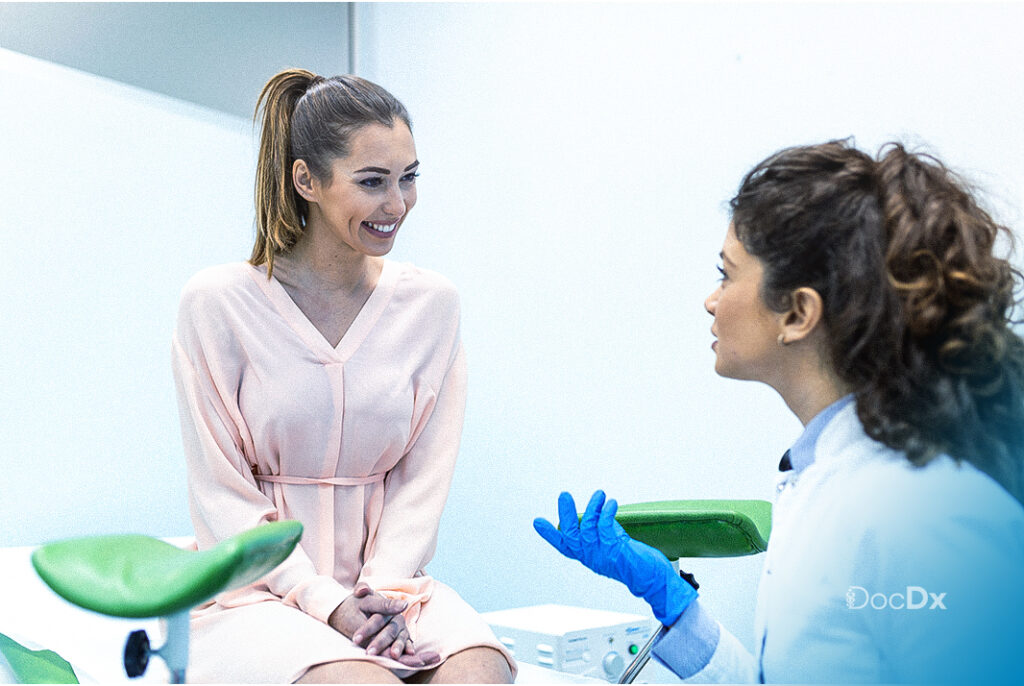Taking care of your health isn’t just about eating right or exercising—it’s also about getting the right screenings at the right time. For women, Pap smears and GYN exams play a huge role in catching potential health issues early, often before symptoms even appear.
If you’ve ever wondered “When should I start?” or “How often do I really need to go?”, you’re in the right place. Let’s break it down—with all the facts you need to feel confident in your health decisions.
Understanding Pap Smears and GYN Exams
What is a Pap Smear?
A Pap smear (or Pap test) is a screening that checks for abnormal cervical cells that could develop into cancer. It’s quick, usually painless, and can literally save lives through early detection.
What is a GYN Exam?
A GYN (gynecological) exam is a broader check-up that focuses on your reproductive organs. It may include a pelvic exam, breast exam, and sometimes a Pap smear depending on your age and history.
Why These Tests Are Important for Women’s Health
They’re not just about detecting cancer—they also help identify infections, hormonal changes, and other conditions before they become serious. Think of them as your health’s early warning system.
The Right Age to Begin Pap Smears
Most experts, including the American College of Obstetricians and Gynecologists (ACOG), recommend starting Pap smears at age 21, regardless of sexual activity history.
However, some women may need to start earlier, especially if they:
- Have a weakened immune system
- Have HIV
- Have had abnormal Pap results in the past
How Often Should You Get a Pap Smear?
For women aged 21–29, a Pap smear every three years is typical. From 30–65, you can switch to every three years for Pap alone or every five years with HPV testing.
When Annual Pap Smears May Be Necessary
In some cases, if you have certain risk factors or past abnormal results, your provider may recommend annual testing.
Learn more in this guide: Do you need a Pap smear every year?
Recommended Frequency for GYN Exams
Even if you don’t need a Pap smear every year, it’s still a good idea to see your GYN annually for a full wellness check. These visits cover much more than just cervical health—they’re about your overall reproductive wellness.
Many clinics also offer a variety of women’s health services during your visit. These include breast exams, STD testing, and hormonal health checks.
When to Schedule an Exam Sooner
Don’t wait for your next “due date” if something feels off. Make an appointment right away if you notice:
- Pelvic or abdominal pain
- Abnormal vaginal bleeding
- Unusual discharge or odor
- Pain during intercourse
These could be signs of infection, hormonal changes, or other conditions that need attention.
Risk Factors for Cervical and Reproductive Health Issues
Smoking, multiple sexual partners, and a history of HPV increase your risk and may require more frequent screening.
What to Expect During Your Pap Smear and GYN Exam?
If you’ve never had one, it can feel intimidating—but knowing what to expect helps.
- Before: Avoid intercourse, vaginal creams, or douching for 24 hours.
- During: You’ll lie on an exam table, and the doctor will use a small instrument (speculum) to check your cervix and collect cell samples.
- After: You may feel mild cramping for a short time, but most women resume normal activities right away.
Here’s a helpful breakdown of what you can expect: What to Expect During Your Annual Check-Up.
The Role of Early Detection in Women’s Health
Pap smears are one of the most effective tools for preventing cervical cancer. By catching abnormal cells early, treatment can start before cancer develops.
It’s the same principle behind other early cancer detection and diagnostic tests—the earlier you know, the more options you have.
Other Screenings During Your GYN Visit
Your annual visit might also include:
- Breast exam or referral for a mammogram – Your doctor may perform a breast exam and recommend mammograms based on your age and risk level.
- STD testing
- Blood work or hormone checks
Many clinics offer a full range of health screenings so you can tackle multiple aspects of your health in one visit.
Physical Exams and Women’s Overall Wellness
GYN exams are just one piece of your overall health strategy. They often go hand-in-hand with physical exams to ensure you’re covered from head to toe.
Overcoming Anxiety About GYN Exams
It’s normal to feel nervous—you’re not alone. Many women feel anxious before their first GYN visit. Remember, your doctor is there to support you—not to judge you.
Tips to make it easier:
- Bring a trusted friend for support
- Ask your provider to explain each step
- Wear comfortable clothing and plan something relaxing afterward
Key Takeaways and Next Steps for Your Health
- Start Pap smears at 21 years old.
- Follow screening guidelines, but see your doctor sooner if you notice symptoms.
- Don’t skip annual GYN visits—they’re essential for preventive care.
Conclusion
Pap smears and GYN exams are more than just routine checkups—they’re powerful, proactive steps toward protecting your long-term health. By starting at the right time, keeping up with regular screenings, and staying in tune with your body, you’re taking control of your reproductive well-being. It’s a simple commitment that can make a lifelong difference.
Take control of your reproductive health—schedule your visit with us today!




